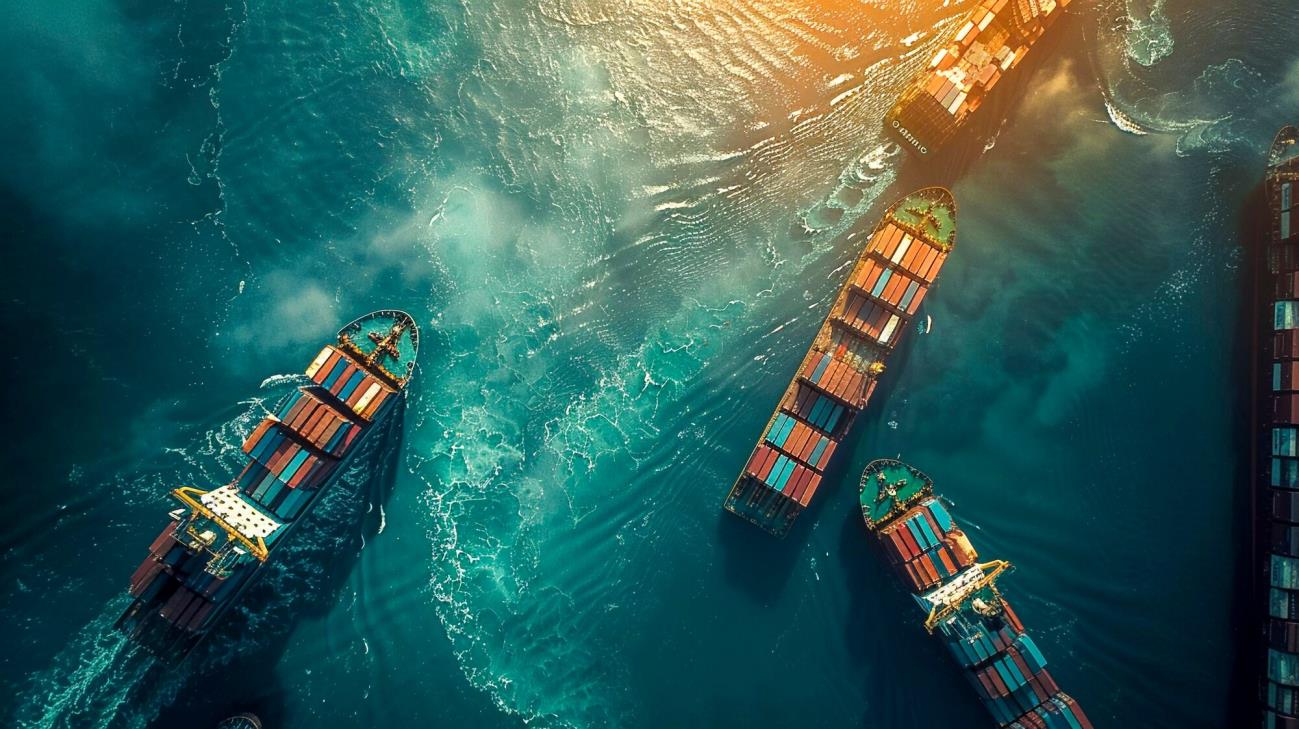The maritime and shipping industry is a critical pillar of global trade, facilitating the movement of goods and commodities across international waters. However, this industry operates within a highly complex legal framework governed by international conventions, national regulations, and contractual obligations. Businesses engaged in maritime and shipping activities must understand the legal landscape to mitigate risks, ensure compliance, and protect their commercial interests.
Understanding Maritime and Shipping Law
Maritime and shipping law encompasses a broad range of legal issues, including ship ownership, cargo claims, marine insurance, environmental regulations, and dispute resolution. Given the cross-border nature of maritime activities, international conventions such as the International Maritime Organization (IMO) regulations and the United Nations Convention on the Law of the Sea (UNCLOS) play a significant role in shaping legal frameworks worldwide.
In Singapore, maritime law is governed by statutes such as the Merchant Shipping Act, the Maritime and Port Authority of Singapore Act, and the Carriage of Goods by Sea Act, which regulate vessel operations, crew safety, cargo transportation, and liability issues.
Key Legal Aspects of Maritime and Shipping
1. Ship Registration and Ownership
Ship registration determines a vessel’s nationality and the legal system governing its operation. Owners must comply with regulatory requirements related to vessel safety, environmental standards, and tax obligations.
2. Marine Insurance and Liability
Marine insurance is essential for protecting shipowners, cargo owners, and charterers against financial risks, including ship damage, cargo loss, and third-party liabilities. Protection and Indemnity (P&I) insurance plays a crucial role in covering liability claims.
3. Cargo Claims and Disputes
Cargo owners and shipping companies may face disputes over lost or damaged goods during transit. Legal frameworks such as the Hague-Visby Rules and the Hamburg Rules outline carrier responsibilities and liabilities in such cases.
4. Charterparty Agreements
Charter parties are contractual agreements governing the use of a vessel for cargo transportation. These contracts specify obligations related to freight rates, loading and unloading terms, and liability for delays or damages.
5. Environmental and Safety Regulations
Maritime operations are subject to stringent environmental and safety regulations. Laws such as the International Convention for the Prevention of Pollution from Ships (MARPOL) impose obligations to prevent marine pollution and ensure sustainable shipping practices.
6. Maritime Dispute Resolution
Maritime disputes often involve multiple jurisdictions and legal complexities. Arbitration and mediation are preferred dispute resolution mechanisms due to their efficiency and enforceability under international conventions like the New York Convention on Arbitral Awards.
Challenges in Maritime and Shipping Law
- Jurisdictional Complexities: As ships move across different waters, legal jurisdiction may vary, leading to conflicts in applicable laws.
- Regulatory Compliance: Adhering to national and international maritime laws requires continuous monitoring and updates.
- Economic and Geopolitical Risks: Trade wars, sanctions, and piracy pose risks to global maritime operations.
- Environmental Concerns: Stricter emissions regulations and sustainability initiatives impact shipowners and operators.
Conclusion
Navigating maritime and shipping laws requires expert legal guidance to ensure compliance and protect your interests. At PD Legal, our experienced maritime law team is ready to assist with any legal matters, from ship arrests to regulatory compliance.
FAQs
What is the Maritime Act in Singapore?
What is the admiralty law in Singapore?
How to become a maritime lawyer in Singapore?
Which country is best for maritime law?
Is Singapore a maritime country?
What is the main purpose of maritime law?
What is Marine Permit in Singapore?
What is the maritime rule of law?
Where do maritime laws apply?
Why are ships registered in Singapore?
What is general maritime law?
What is Rule 19 in maritime?
What is the Maritime Services Access Act?
What is the role of IMO in maritime law?
What is the purpose of the Maritime Security Act?
What is the law of seafarers?
Is Singapore a maritime nation?
What is the goal of maritime law?
This article is intended to provide general information only and does not constitute legal advice. It should not be used as a substitute for professional legal consultation. We recommend seeking legal advice before making any decisions based on the information available in this article. PDLegal fully disclaims responsibility for any loss or damage which may result from relying on this article.
Chambers & Partners – Asia Pacific 2023
PDLegal LLC is pleased to announce that Managing Partner, Peter Doraisamy, has been recognised and ranked by Chambers & Partners (Asia Pacific 2023 for Shipping: Domestic: Litigation). The following quotes appear with Peter’s ranking: –
“Peter Doraisamy of PDLegal in Singapore is a noted shipping lawyer in the market. He handles a wide range of disputes, including ship grounding, cargo and fraud-related cases” – Chambers & Partners – Asia Pacific 2023
“He is excellent in litigation. He has very good control of the case, collecting the right evidence and putting this into a very successful trial.” – Shipping Litigation Client
Chambers and Partners is the leading independent professional legal research company operating across 200 jurisdictions. Chambers and Partners delivers detailed rankings and insights into the world’s leading lawyers and law firms.
This ranking is a testimony to the expertise and experience of the Firm’s shipping practice and would not be possible without the support of our clients and friends.
View All Awards

We’re here to help you.
Whether you're seeking advice, representation, or have general inquiries, we're here to help. if you would like to speak to us for more information, please contact our client services team who will be happy to assist.
Let's Get In Touch
Our Office
- A:
PDLegal LLC Advocates & Solicitors 1 Coleman Street #08-02 The Adelphi Singapore 179803
- E:
- T:
- F:
(65) 6220 0392
- H:
Mon - Fri : 9:00 am - 5:00 pm Sat : 8:30 am - 12:00 pm










